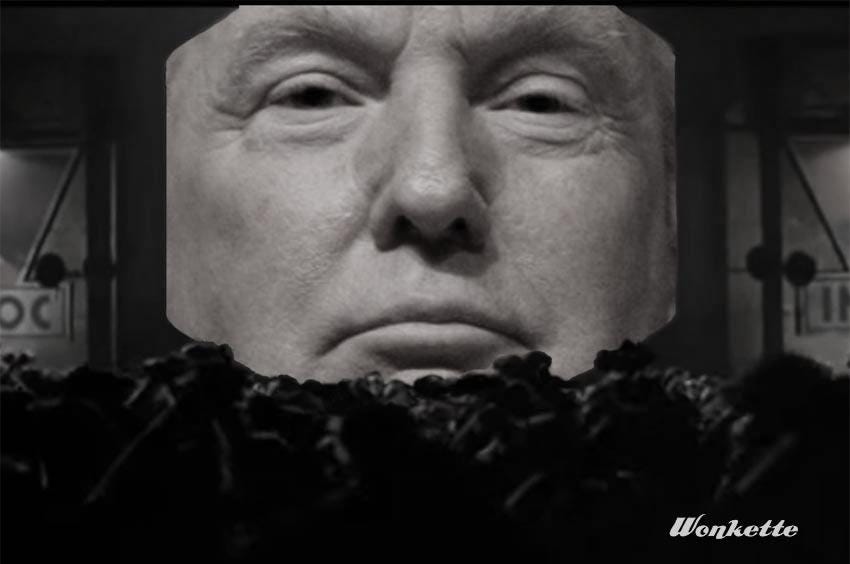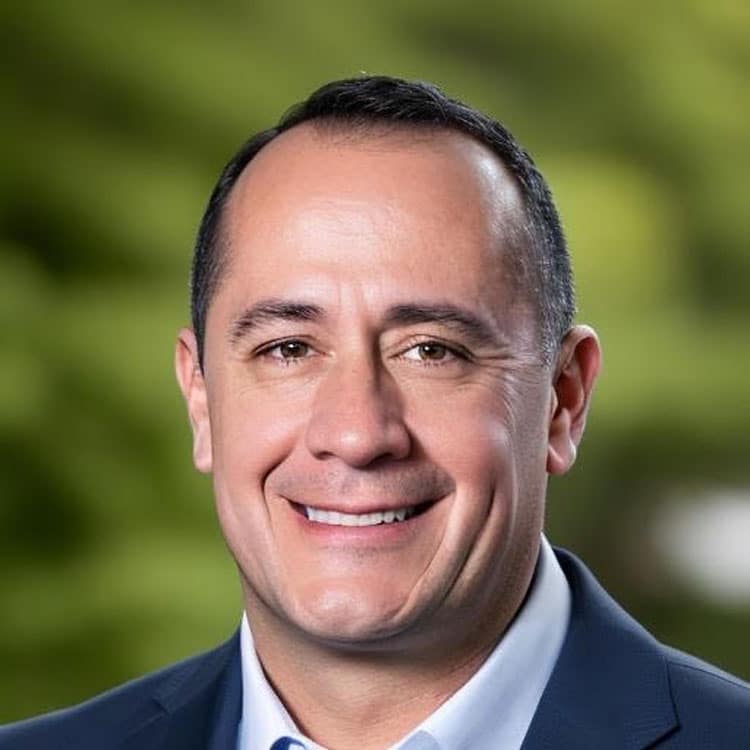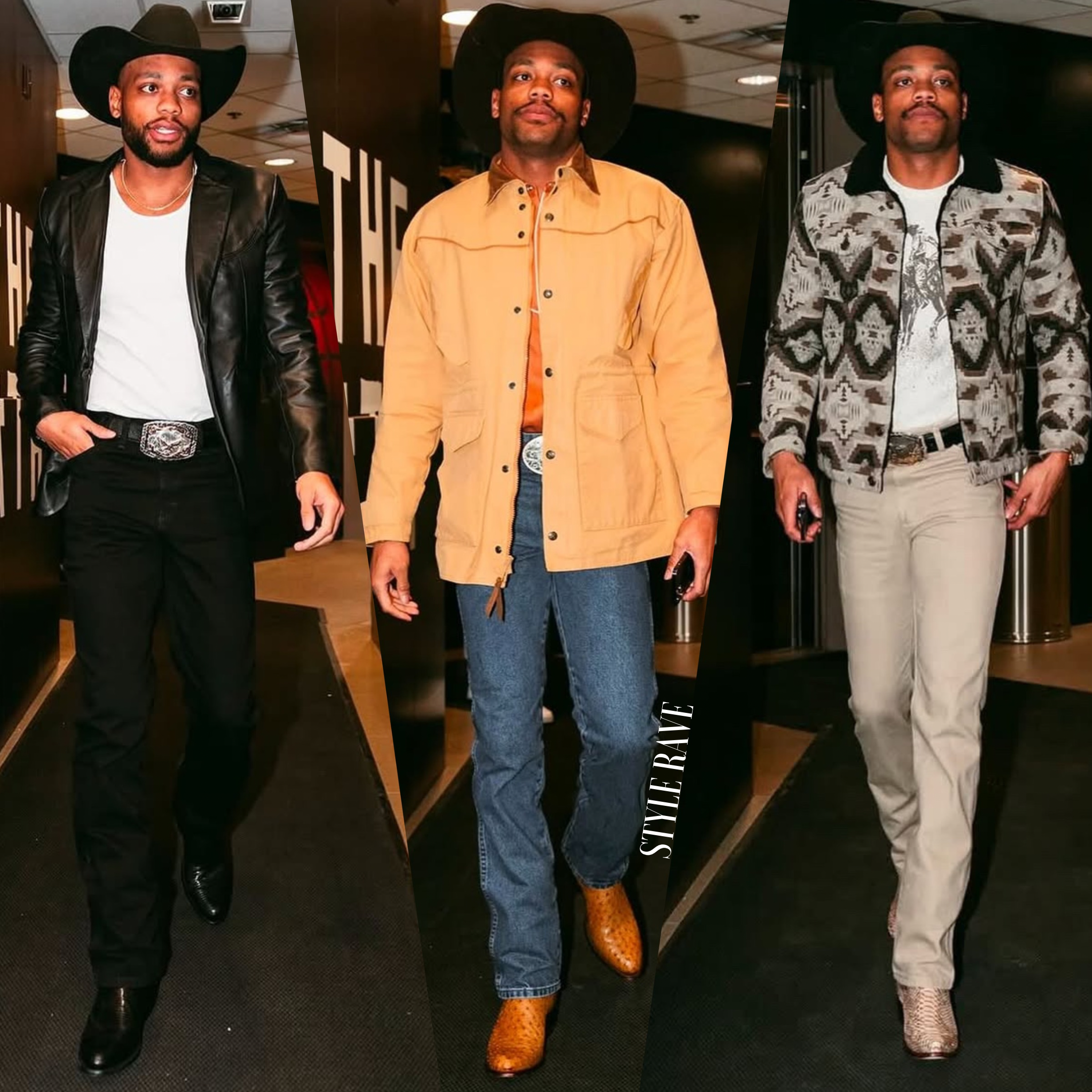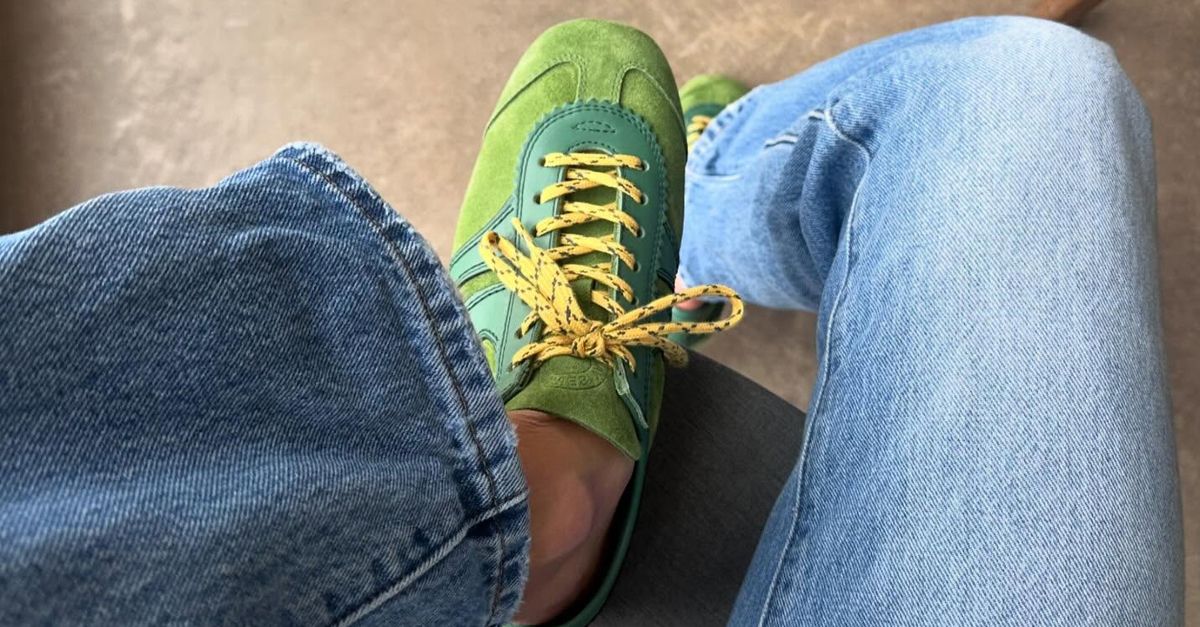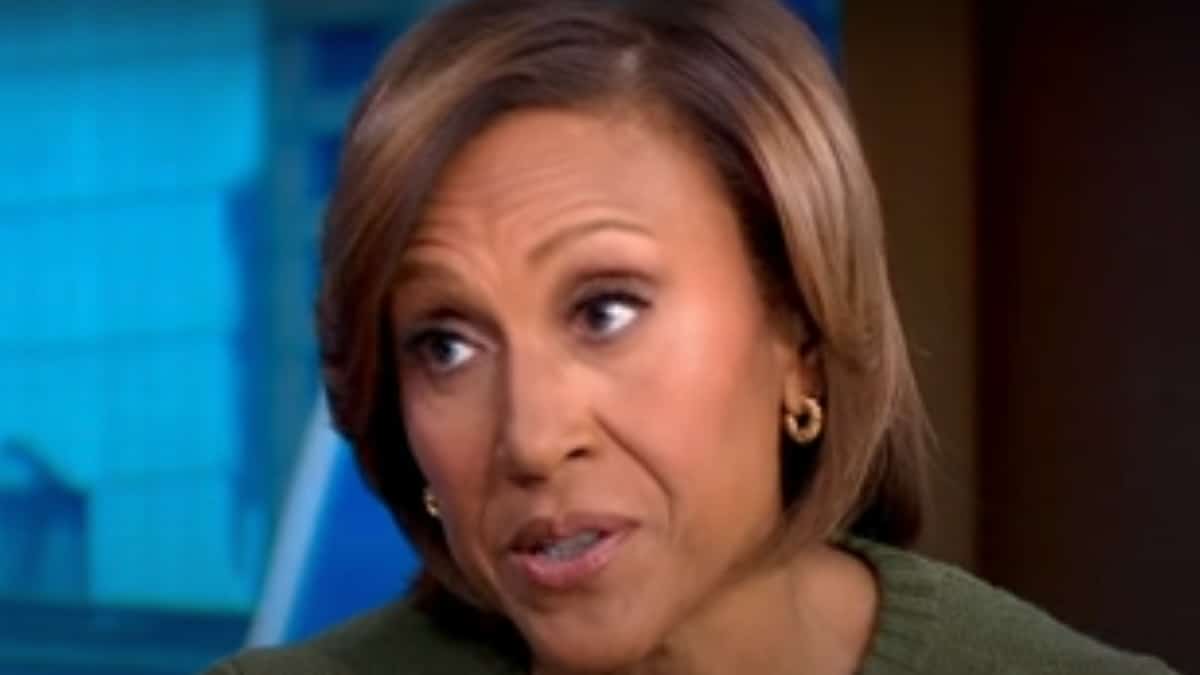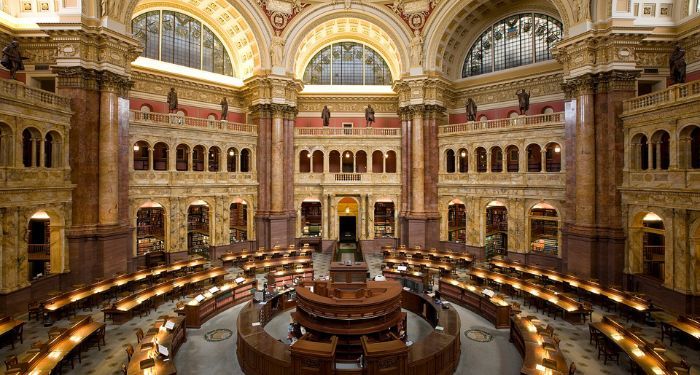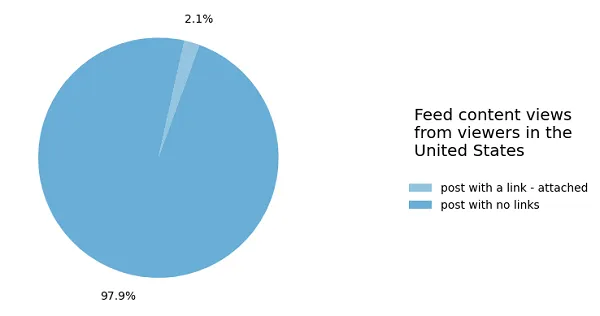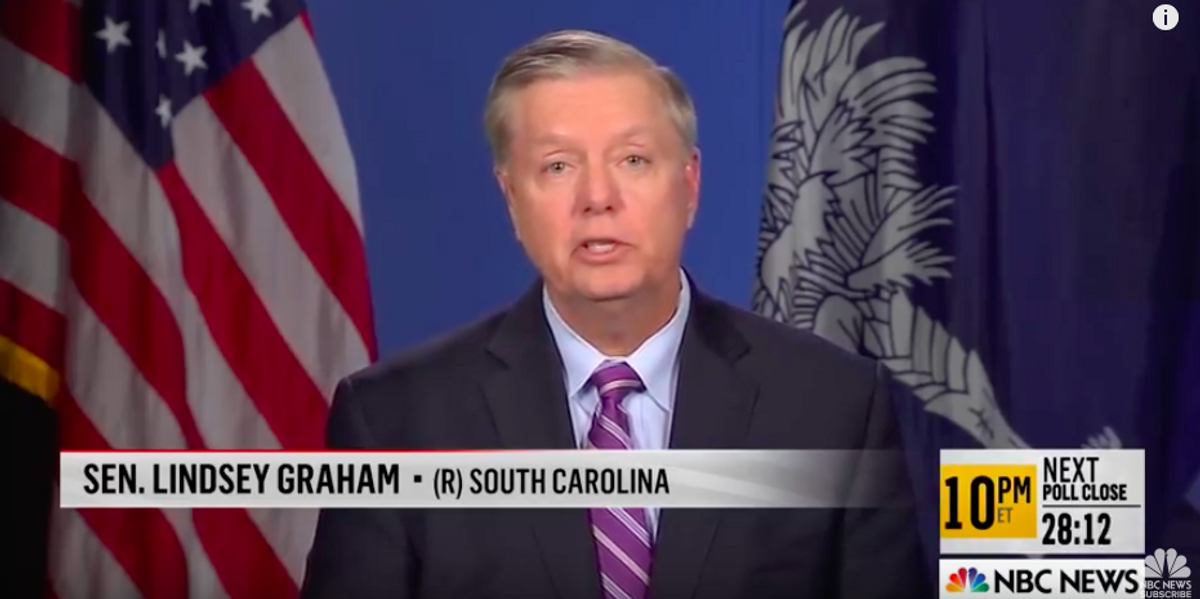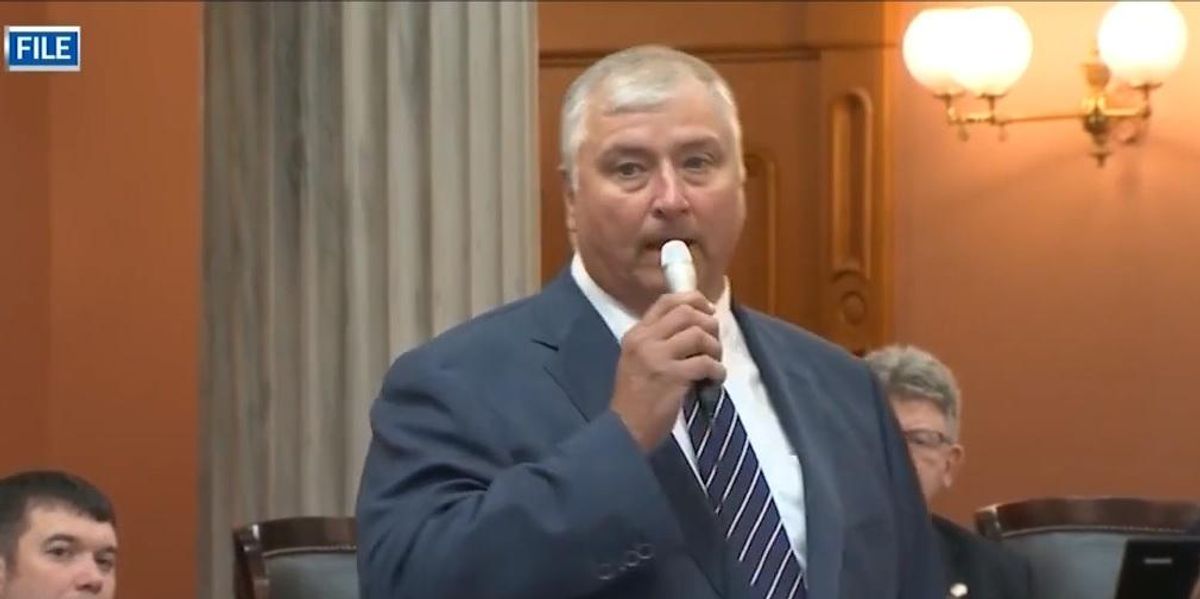The Eleventh Circuit just did Senator Lindsey Graham a solid and stayed the order for him to testify to the grand jury empaneled by Fulton County District Attorney Fani Willis to investigation electoral interference in Georgia in 2020. It’s good to be the king court jester!
The three-judge panel, consisting of two Trump appointees and an Obama appointee, remanded the case to US District Judge Leigh Martin May “for the limited purpose of allowing the district court to determine whether Appellant is entitled to a partial quashal or modification of the subpoena to appear before the special purpose grand jury based on any protections afforded by the Speech or Debate Clause of the United States Constitution.”
HENGHHHHH??? Lawtalkin’ on a Monday? And it doesn’t even sound like good news?
It’s okay, baby, Wonkette’s got you!
See, DA Willis is investigating the Trump campaign’s efforts to ratfuck the state and steal it from Joe Biden, including Graham’s calls to Georgia Secretary of State Brad Raffensperger and his deputy Gabriel Sterling, in which he reportedly pressured them to invalidate enough mail-in ballots to flip the state to Trump. Graham argued that he was just doing his job as a senator and thus can’t be investigated for it under the Speech or Debate clause.
How is pressuring a state official in Georgia to toss out duly cast ballots part of the South Carolina senator’s job, you are wondering?
And indeed, that’s exactly what Judge May said Friday when she denied his emergency motion to stay his testimony pending appeal to the Eleventh Circuit. She also pointed to Gravel v. United States, a Supreme Court case in which the court held that not every political act gets legislative immunity under the Speech or Debate Clause.
“Members of Congress are constantly in touch with the Executive Branch of the Government and with administrative agencies—they may cajole, and exhort with respect to the administration of a federal statute—but such conduct, though generally done, is not protected legislative activity,” the court held back in 1972.
Pointing to this, Judge May wrote:
Thus, as illustrated by the Supreme Court’s analysis, the Speech or Debate Clause will not shield actions that are “political in nature rather than legislative” (or otherwise not fundamentally “legislative in nature”). These actions may include, among other things, (1) statements and speeches given outside of Congress regarding the 2020 election, (2) efforts to “cajole” or “exhort” state election officials to change their election practices or alter election results, and (3) coordination with the Trump Campaign (or other third parties) regarding post-election efforts in Georgia.
BUT!
Judge May also included in her analysis a bunch of stuff about not quashing the subpoena, because, even if the court accepted the argument that the calls to Secretary Raffensperger were part of Graham’s duty as a legislator to ensure that the votes were fairly cast, there would still be a lot of other stuff the grand jury could ask him about. In essence she was saying, “they might ask you about non-legislative stuff, so you can’t duck testifying entirely.” And that opening is what the Eleventh Circuit just drove a truck into.
You see, in his later pleadings, Graham asked for a partial quashal — that is, he asked the court to allow him time to make arguments that some questions should be off limits under the Speech or Debate Clause.
“The problem with Senator Graham’s argument on this issue is that he requested this relief for the first time at the hearing and then again in his supplemental brief—a development that meant that the parties never fully briefed this issue nor presented the Court with any detailed indication of what such a request for partial relief or modification would entail,” Judge May wrote Friday. Essentially, she said that he failed to ask until it was too late, and the court wasn’t going to just dream up areas of questioning to exclude on its own.
And if he were a normal defendant, i.e. not a United States senator, it would be too bad, so sad for him that he failed to raise the request in a timely manner. But he’s not, and so the Eleventh Circuit is going to bail his whiny ass out by allowing him to delay testifying for months, during which time he will file a bunch of motions at the trial court arguing that the Speech or Debate clause protects this or that communication, and then march up to the appellate court to argue that whatever Judge May eventually decides is wrong.
Astute observers will note that Judge May rejected all of Graham’s Speech or Debate arguments already. But now she gets to reject them some more, only to have the Eleventh Circuit make its own determination. Meanwhile, DA Willis has said that Graham’s testimony would provide “additional sources of relevant information” regarding “an entire category of relevant witnesses or information.” But now that will have to wait for this whole procedural rigamarole to play out thanks to the Eleventh Circuit.
Ain’t America great! On the plus side, Jenna Ellis and John Eastman both lost their bids in state court to block the Fulton County grand jury subpoenas, and so they’ll be testifying post haste about the fraudulent electors scheme in Georgia. Silver linings to every cloud, etc.
[Fulton County Special Purpose Grand Jury v. Graham, docket via Court Listener]
Follow Liz Dye on Twitter!
Click the widget to keep your Wonkette ad-free and feisty. And if you’re ordering from Amazon, use this link, because reasons.








